5 Reasons to Take a Rest Day
Perhaps you’ve recently started up an exercise regimen or maybe you’ve been doing one for a while now. Recently, you’ve noticed everything seems heavier and harder than usual. This is a sure-fire sign that you might need to take a rest day.
So, what is a rest day? And why should you take one? In this article, we’re going to outline five reasons you should take a rest day and how to know when it’s right for you.
Why Do You Need a Rest Day?
You might think that the key to getting fit is perseverance — exercising every day and sticking to your routine, no matter what. To an extent, this is true. However, continuous exercise day after day, with no rest days, is actually detrimental to your body and your progress.
Overtraining is a real thing. It can impact your quality of sleep, damage your muscles, and even affect your immune system. In fact, if you keep going, you might find yourself hanging out on the sidelines as you tend to a recent — or even worse, recurring — injury.
A rest day is essential to prevent all of this. And if you’re not convinced, keep reading to uncover the five reasons you should take a rest day.
1. Taking a Rest Day Reduces Your Chance of Injury
Overusing your muscles is a perfect recipe for a serious (or recurring) injury. Your muscles require time to repair and recover.
In fact, research shows how rest days are essential to prevent injury. Researchers recommend taking at least a two-day break from training every four to six weeks for elite athletes. For the general population, this may mean taking a day off every week.
Usually, your body will let you know. For instance, you might feel sore the next day, which probably means you shouldn’t train that particular body part (more on how to know if you need a rest day below!).
2. It Allows Time Your Immune System to Catch Up
High-intensity exercise causes dozens of tiny tears and injuries in our muscle tissuee. While this is fairly normal, it means that our immune system is working overtime to repair those tears and strengthen our bodies.
Exercising hard every day without a rest day means that our immune system never has a chance to catch up. Those repairs won’t get done, and that can lead to a serious injury or even more susceptibility to illness.
3. Rest Days Improve Your Mental Edge
Exercising can be hard. When it comes to getting fit, mental strength is every bit as important as physical strength. It’s what gets you to the gym. It’s what pushes you to complete that last tough set or rep. But you won’t be able to do this if you’re feeling burnt out.
Taking rest days helps to sharpen up your mental edge. You can rest and recover, while at the same time, participating in other mental tasks or activities. This way, you feel refreshed when you come back to it and are able to continue to push through and achieve personal bests.
4. Your Sleep Quality May Improve
You’d think that a long day of exercise would leave you exhausted and ready for a good night’s sleep, but that’s unfortunately not the case. Too much exercise can have the opposite effect.
Overtraining can lead to restlessness and a “high alert” state. As you can imagine, this “high alert” state can impact both the quality and quantity of your sleep. Thus, if you’re not getting good sleep at night, even after a long workout, you might need to take a rest day.
5. You’ll Perform Better After a Rest Day
Exercising tears muscle fibers. When those fibers heal, the muscle ends up being stronger and able to handle a little bit more. Yet, your body needs time to do this. If you don’t give your body time to fully recovery by taking a rest day every now and then, your performance in the gym or on the track will, inevitably, suffer.
How Do You Tell If You Need a Rest Day?
Listening to your body is essential when it comes to knowing when to take a rest day. Below, we outline the top signs that could mean your body needs a break.
You’re tired
If you feel tired even after getting enough sleep, your workout may actually be affecting your sleep. Overtraining can reduce the quality of your sleep. A rest day might be just what you need!
You’re moody and fatigued
When you’re overtraining, you may not feel as motivated as you once did. When you need a rest day, you’ll lose your mental edge and can even start to feel depressed. Try taking a break and see how you feel afterwards.
Your muscles are always sore
Some soreness is to be expected, but continual soreness, fatigue, and pain could indicate that your muscles aren’t recovering properly between workouts.
You’ve hit a plateau
If you’re working out at the same rate but not seeing any physical improvements, it could be a sign that you need to take more frequent rests to let your body recover. That way, when you hit the gym next time, you’ll be able to go that much harder.
You’re dreading your workout
Exercising can be difficult, and we can’t expect to have good days every day. However, if you’ve had several bad workouts in a row, and you feel as if you’ve lost your motivation and don’t want to work out, this could mean that you’re experiencing mental and physical fatigue from overtraining. It’s time for a rest day!
What Should I Do On Rest Days?
So, you’ve decided to take a rest day. What should you do — and what shouldn’t you do? Let’s find out.
Do:
- Light cardio (if you need to do some sort of exercise)
- Hydrate
- Eat healthy and nutritious food
- Sleep and rest
- Stretch out all the muscle groups worked
- Use a foam roller
- Corrective exercises (if you need to deal with an injury)
- Relax!
Don’t:
- High-intensity exercise or strength workouts
- Eat too much or too little
- Remain completely sedentary
- Take too many rest days (otherwise, it defeats the purpose of a rest day altogether!)
Find Your Balance
Everyone is different, and you may need to experiment a bit to find out what sort of rest day is right for you. If you’re experiencing these problems while also taking a rest day once a week, you might need more frequent rest days.
The bottomline: Always listen to your body. If your body is telling you to take a rest, give yourself that time. On the flip side, after a rest day, you’ll be able to come back stronger and better than before.
THE OFFICIAL BELT OF USA WEIGHTLIFTING
Grab the belt worn by weighlifting Olympians: CJ Cummings, Mattie Rogers, and Jourdan Delacruz



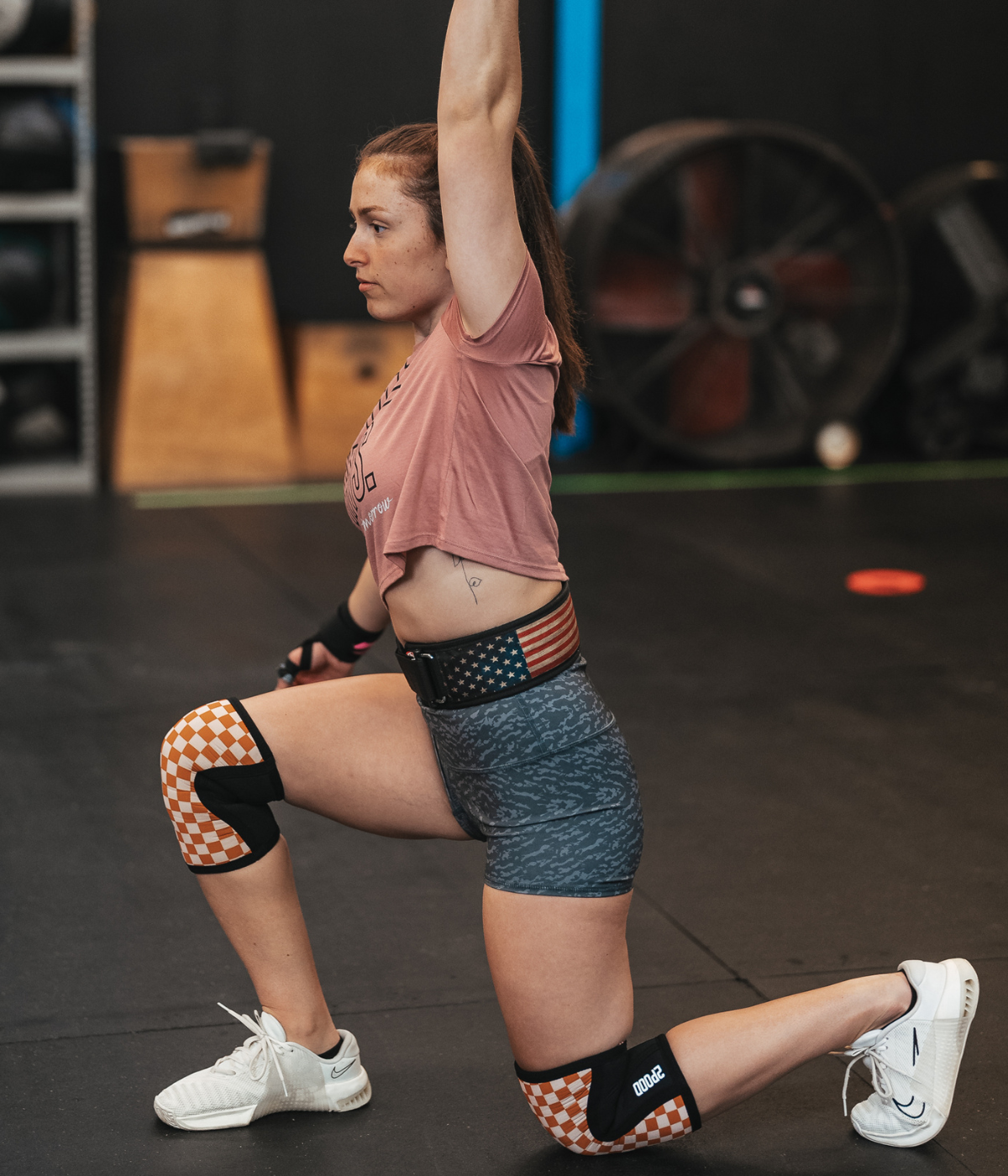
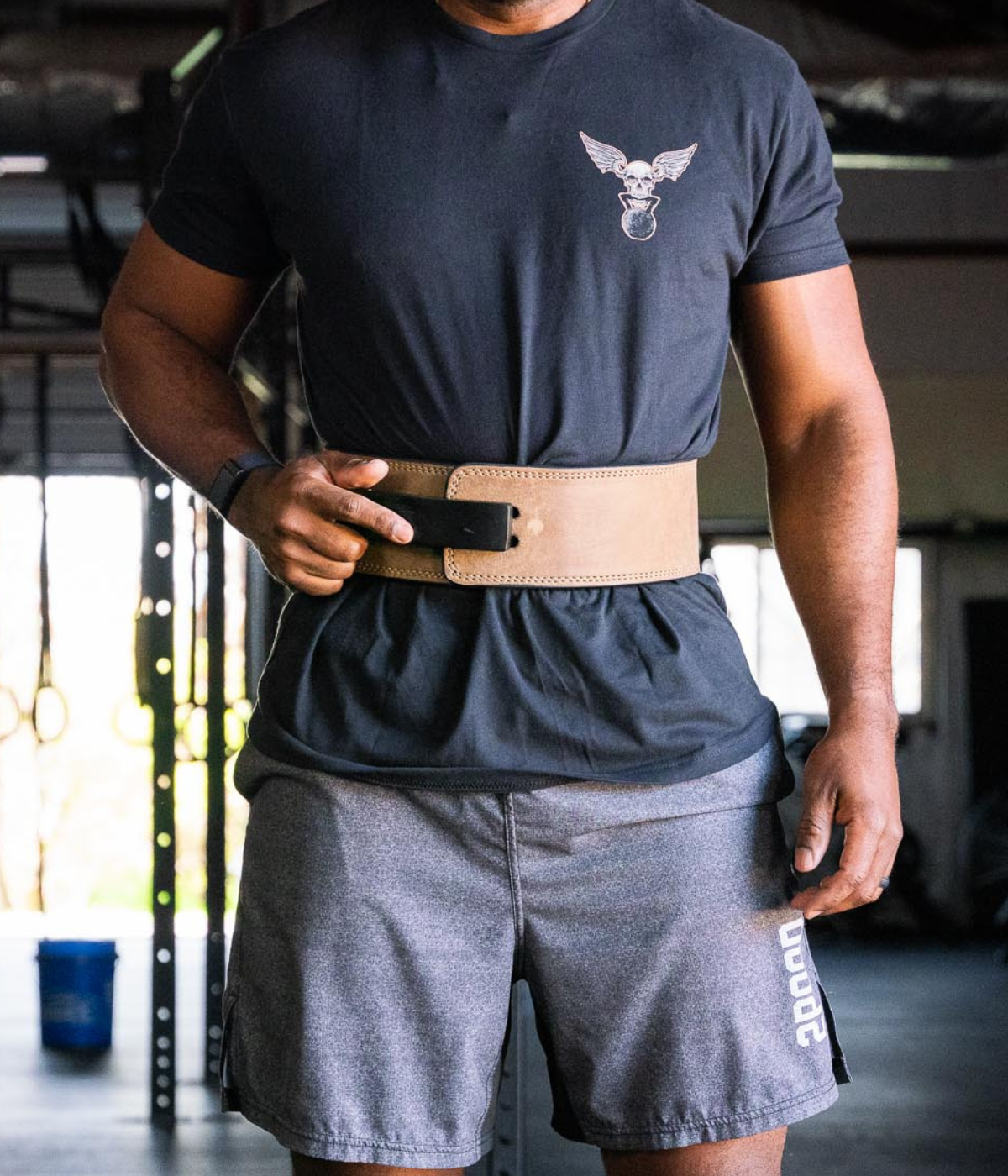
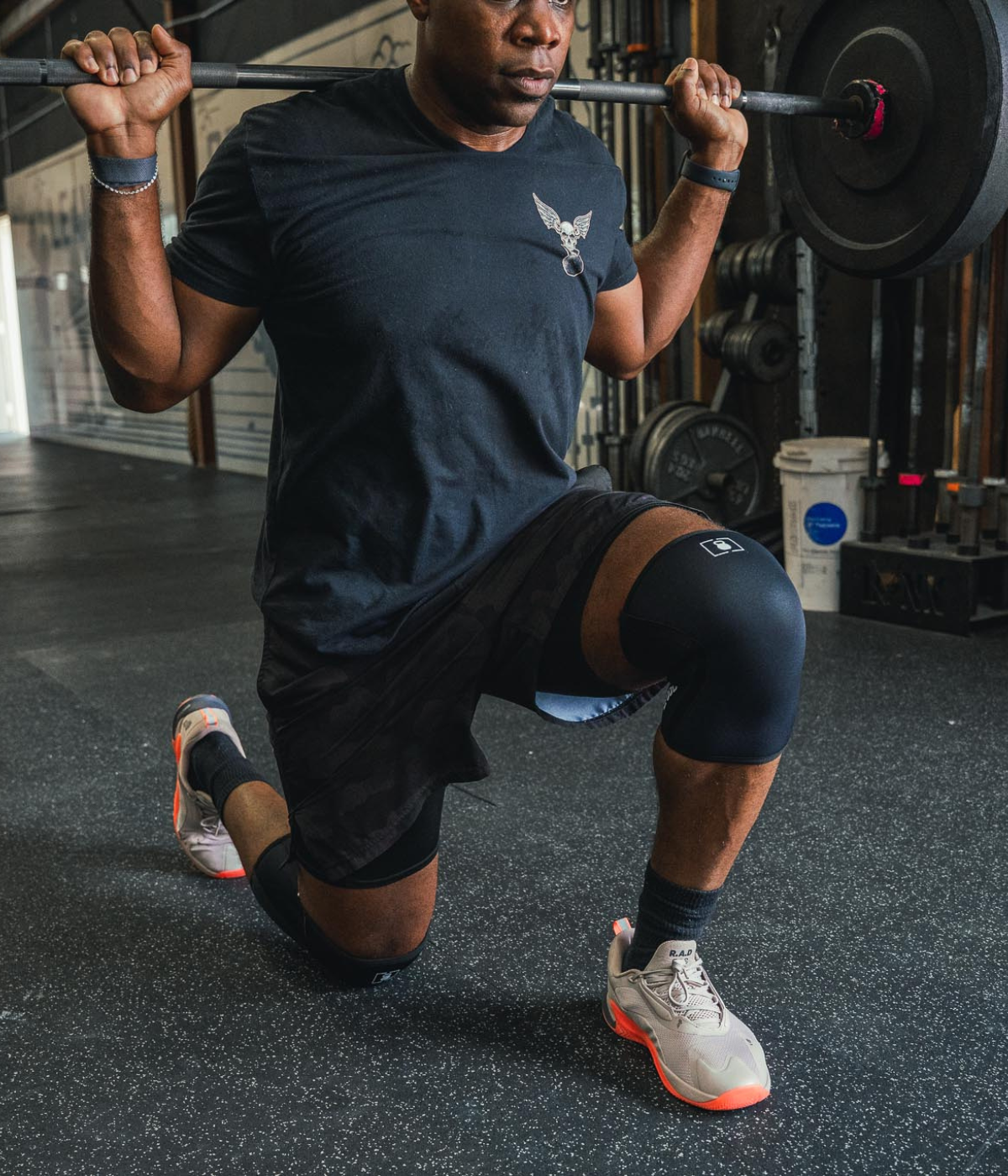

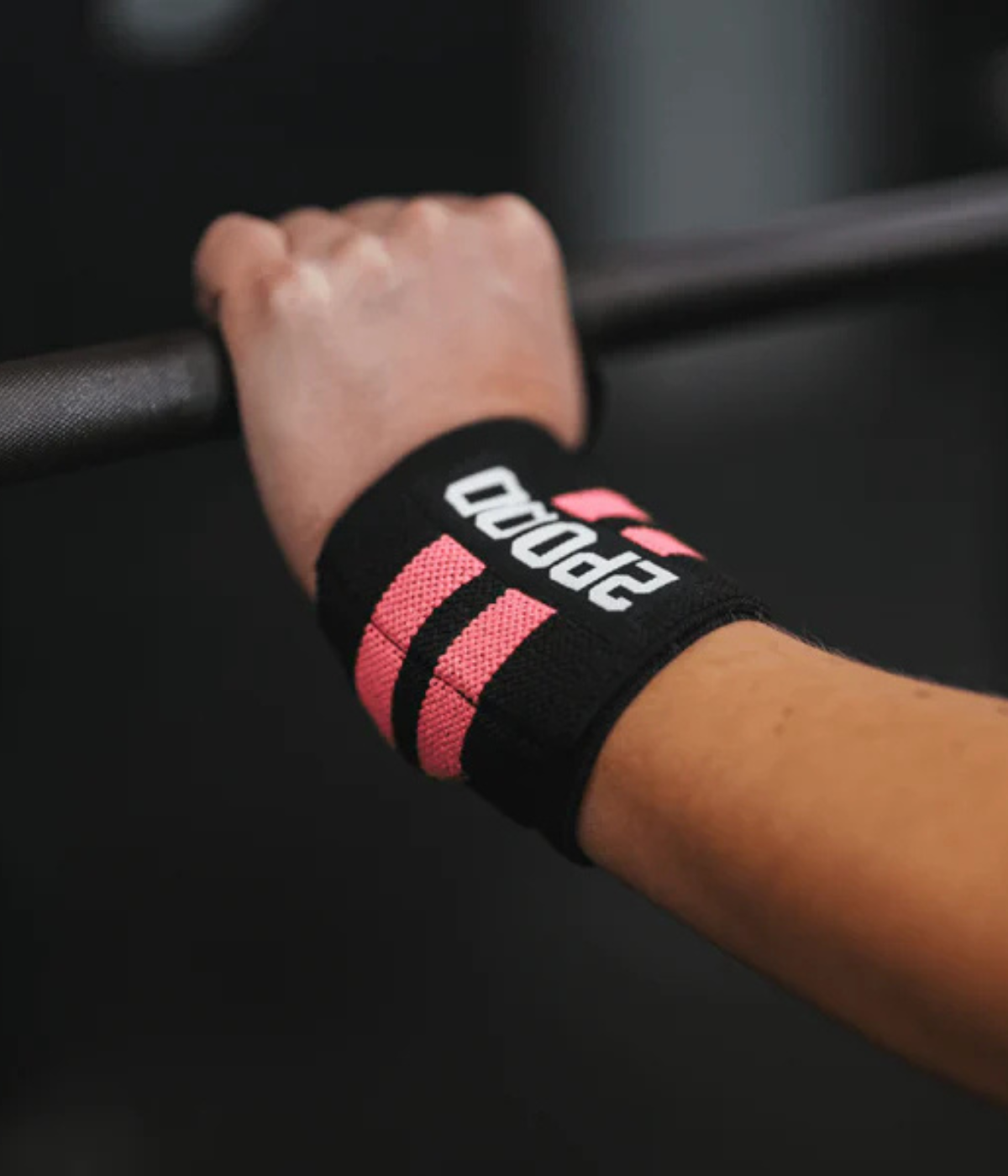





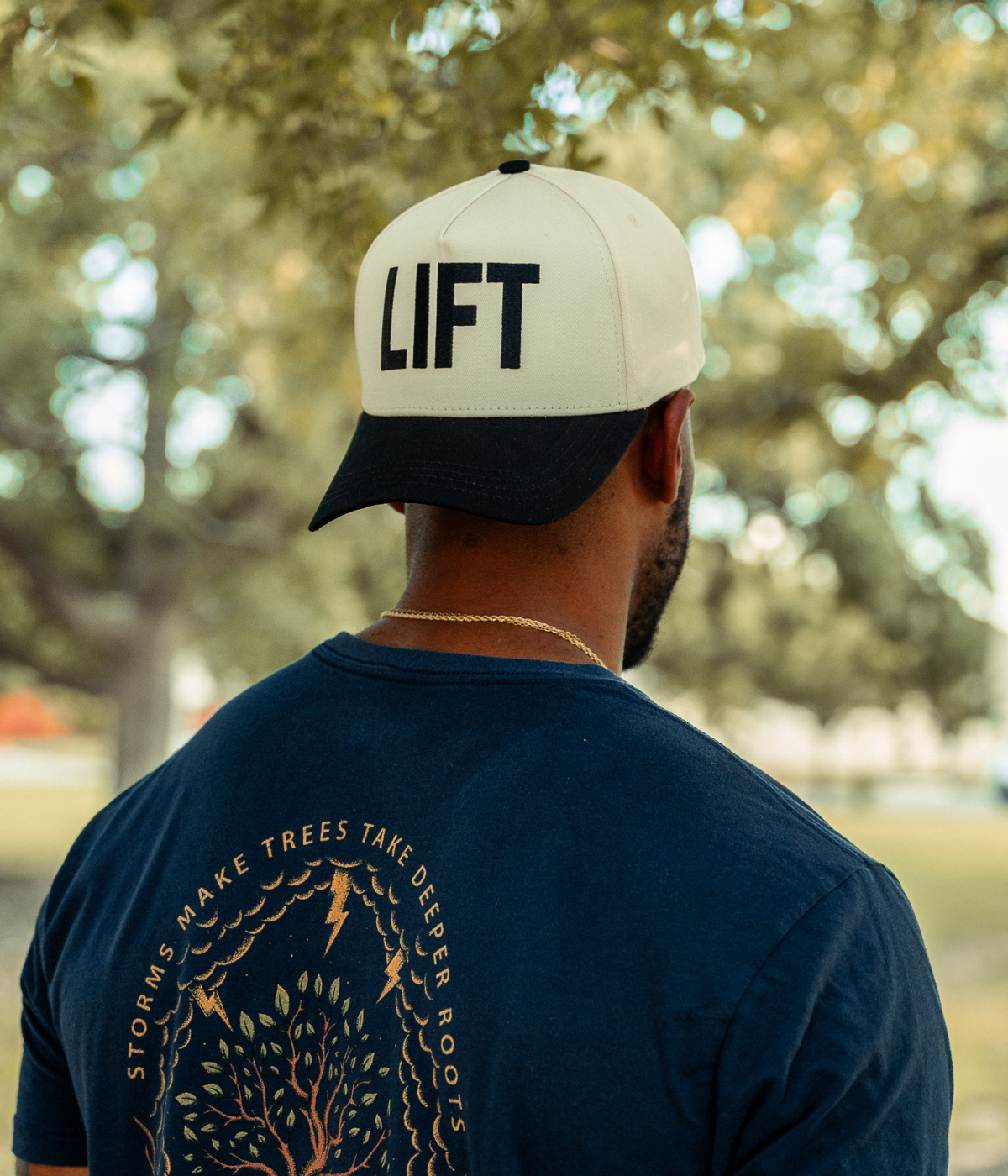



Leave a comment
All comments are moderated before being published.
This site is protected by hCaptcha and the hCaptcha Privacy Policy and Terms of Service apply.